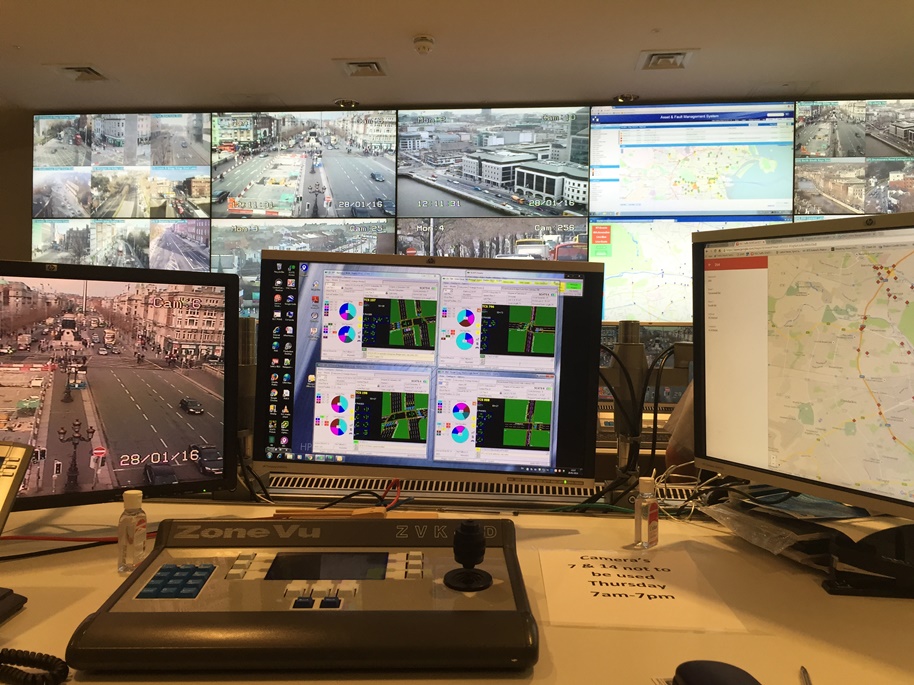The Programmable City project will come to a close at the end of May 2018. To mark the occasion the project is hosting a final event in the Mansion House, Dublin on May 9th, 10am-2pm. At this we will present the main findings and recommendations from across the sub-projects to stakeholders. The focus will very much be on practical lessons for smart city development.
In total 16 researchers worked on the project at some point during its lifetime, mainly undertaken fieldwork in Dublin and Boston, but also other cities. A diverse range of smart city issues – open and big data, policy formulation, city standards, traffic control, testbeds, smart districts, bike share, smart energy, emergency management response, procurement by challenge, smart lighting, property development, hackathons, citizenship, work practices, governance, and ethical and security considerations – were investigated from a social, cultural, political, economic and ethical perspective through policy analysis, c. 500 interviews, and ethnographic research. In addition, part of the team built the Dublin Dashboard.
A number of team members have progressed to other academic posts around the world (Australia, Belgium, Canada, England, Ireland, Taiwan, Wales) but all will be returning to Dublin to join the rest of the team to present their work through quick, snappy talks with time for questions. In addition, there will be a chance to view some of our latest dashboards work, with an AR/VR demo of 3D Dublin planning application.
We invite you to join us at this event to discover what lessons smart city developments might learn from our research.
Timetable:
10.00-10.30 Registration/Coffee
10.30-10.45 Welcome and overview of project
10.45-11.30 Session 1: Open/big data, city dashboards, city standards, work practices
11.30-12.15 Session 2: Emergency management response, smart lighting, procurement by challenge, traffic control room, smart district, property development
12.15-13.00 Session 3: Bike share, smart energy, citizenship, hackathons, governance, ethics
13.00-13.15 Smart Dublin
13.15-14.00 Lunch and AR/VR demos of new Building City Dashboards project
Please register for this free event via Eventbrite here

